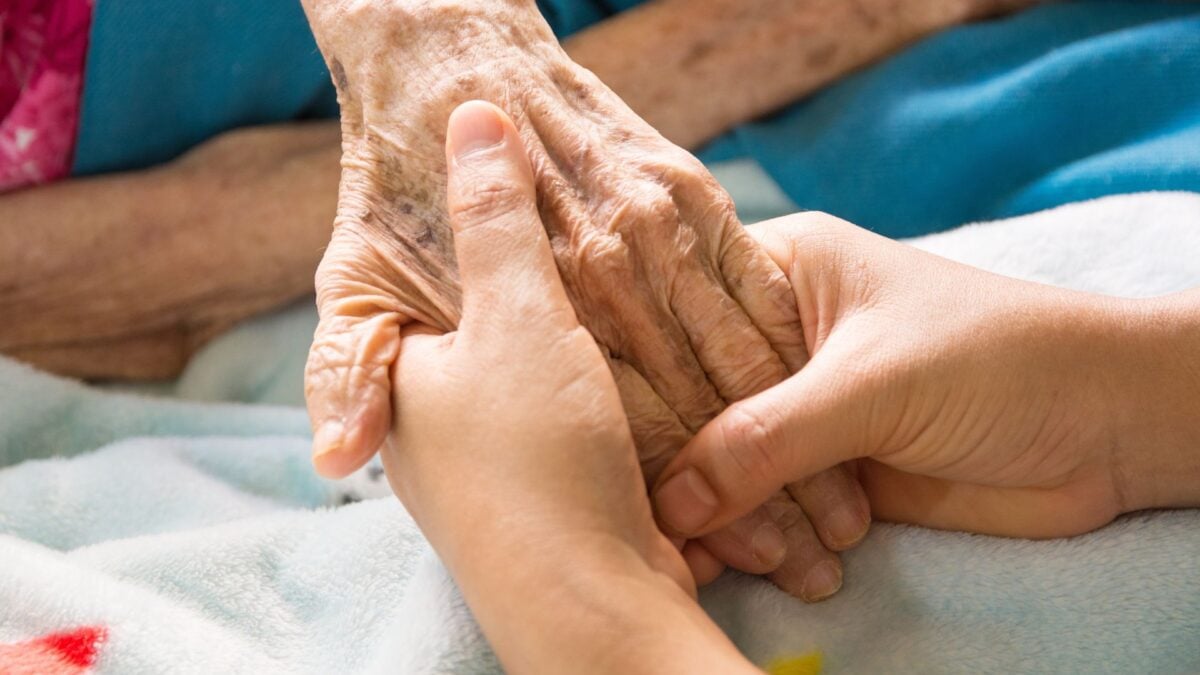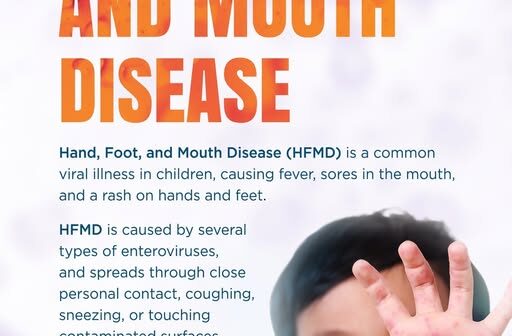Copyright advertiser

When you woke up this morning did you spring out of bed, fully rested and full of energy? Or, like many of us, did you yawn repeatedly, turn off your alarm, and sneak beneath the duvet in the hope of grabbing a little more shut-eye? Maybe you spent last night tossing and turning and resorting to counting sheep in the hope of getting sleepy or going through your to-do list for the week ahead, mentally ticking off tasks one by one. However you spent the night, if you did not sleep well then no doubt you woke up feeling tired. It is a common complaint, one in 10 people have difficulty sleeping on three or more nights a week. Interestingly, people are sleeping less than in the past, in the 1900s, people were getting nine hours sleep a night. Most people experience sleep disturbance at times of personal stress but may return to a good sleeping pattern when the situation has resolved. However for others, the problem continues. They may find it difficult to go to sleep, they may wake up several times during the night, or they may not get sufficient quality sleep. How much sleep do we need? “More”, says Tom Coleman, a sleep expert and health scientist who gave a talk at an event at Better Bedding in Galway. He advises people to draw up an action plan if they are having difficulties getting to sleep. “You can’t think your way out of it at 3am! We are designed to move more so I would encourage people to move, even a 10 minute walk. Eat good quality food and look at your sleep environment. When you stay in a hotel, you have lovely fresh sheets. Remember, investment in your bedroom environment is an investment in your health.” He recommends concentrating on the things you can control. If you wake up at night, focus on relaxing. “Give yourself time to get your sleep [issue] resolved. You wouldn’t go to the gym once! Focus on the process and the sleep will follow.” He advises people to get up and go to bed at the same time each day. “The brain loves consistency, it loves patterns so wake up at the same time at the weekends. Wakeful episodes will happen, especially as we age. You need to retrain your system to fall back asleep.” What puts people to sleep? “Melatonin, the hormone of darkness [which helps us relax and fall asleep and can be found in cherries and pistachio nuts] and sleep pressure,” he says. “The longer you are awake, the more sleep builds. If you sleep too much during the day, sleep pressure is reduced.” Dr Marilyn Glenville, an international expert on nutritional health who has lectured in Galway, says the benefits of good sleeping habits are more than just old wives’ tales, they are well documented, including a strengthened immune system, better memory, improved reaction times, and even a trimmer waistline! Lest you need some reminders why you should set your alarm to go to sleep early and not just to wake you up in the morning, here are some reasons why getting sufficient sleep is essential for your mental and physical wellbeing:- 1. It helps you look and feel great. Experts say people who get less than five hours’ sleep a night tend to have more physical ailments, such as headaches and stomach upsets and also undergo changes in metabolism similar to those occurring with normal ageing. 2. It may help you live longer. There is a clear connection between getting a good night’s sleep and warding off illness, according to Dr Glenville. One study indicates that when deep sleep is interrupted it affects the body’s metabolism and reduces its ability to convert sugar into energy, heightening the risk of diabetes. The study found that just three nights of disrupted sleep can have the same effect on the body’s ability to control blood sugar as putting on more than two stone (12.7kg ) in weight. Other research shows that those who sleep five hours or less a night are twice as likely to suffer from high blood pressure and heart disease than those who sleep for seven hours or more. 3. It boosts your immune system. Sleeping better may also help you fight off infection as consistent sleep strengthens the immune system. People who not sleep well often have raised levels of stress hormones and a decrease in immune function. Inadequate sleep lowers our immune system, according to the nutritionist. The immune system is critical to overall health. It is fundamental to healing wounds, warding off infections, and protecting against chronic and life-threatening illnesses. “One study showed that missing even a few hours a night on a regular basis can decrease the number of “natural killer cells” which are responsible for fighting off invaders, such as bacteria and viruses. This will come as no surprise to those of us who succumb to colds and other illnesses when we are run down – normally after inadequate sleep.” Apparently, people who sleep less than seven hours per night are nearly three times more likely to catch a cold than those who sleep eight hours or more. 4. It may make you smarter. People who suffer from sleep deprivation have reduced concentration and are more likely to make mistakes and have a slower reaction time. The performance of someone who has been awake for 17 hours straight is about the same as if they had a blood alcohol level of 50mg/100ml of blood (two alcoholic drinks in an hour ). A study by Harvard Medical School found that people who slept after learning and practising a new task remembered more about it the following day than people who stayed up all night learning the same thing. Better sleep results in better concentration and better decision making. 5. Sleep may make you nicer! One of the negative effects of loss of sleep is on behaviour. Lack of sleep can make people cranky, difficult, forgetful, and unsociable. It can make you clumsy because it impairs balance, co-ordination, and cognitive functions such as concentration. Sleep deprivation can also result in stumbling or dropping things because your body and brain are not working properly. 6. It may help you lose weight. Dr Glenville says people who are sleep deprived have an increased appetite. Inadequate sleep lowers levels of leptin, a hormone that suppresses the appetite and increases grehlin, known as the “hunger hormone”which increases appetite by signalling the brain to eat. It is believed to play a role in long-term regulation of body weight. She says all this suggests that sleep deprivation can make weight loss extremely challenging because it causes your body to work “against you”.



